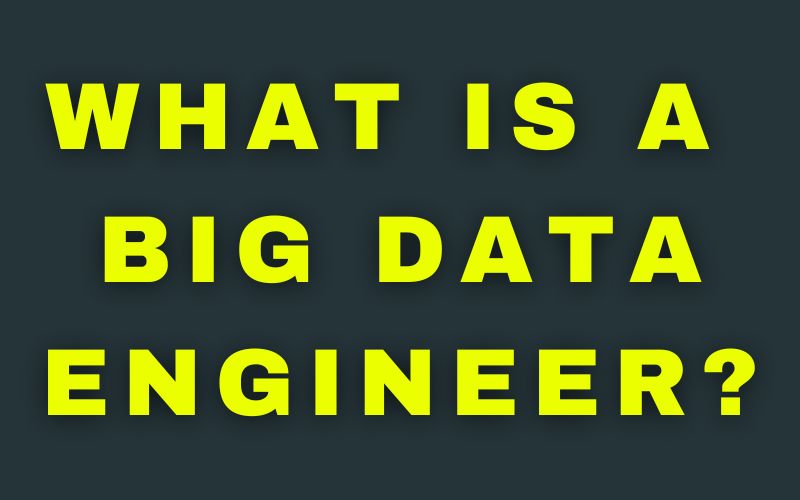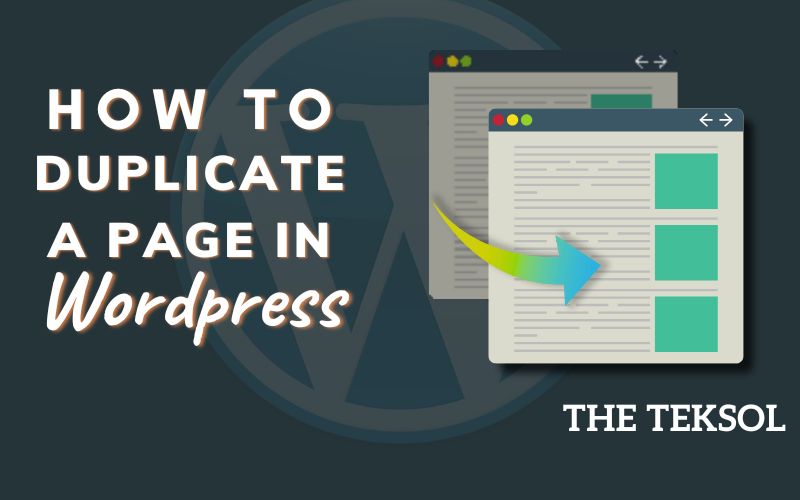What is a big data engineer? A professional who is responsible for developing, maintaining, testing, analyzing, and evaluating a company’s data. Big data refers to extremely large data sets that are too complex or voluminous to be processed by traditional methods. In the modern economy, it is common for companies to collect large volumes of data throughout the course of conducting their business operations.
When used correctly, big data can be highly beneficial for organizations to help them improve efficiency, profitability, and scalability. However, companies’ big data is not helpful unless there is a big data engineer to build systems to collect, maintain, and extract data. So, big data engineers ultimately have the responsibility of helping companies manage their big data.
What does a big data engineer do?
A big data engineer’s primary function is to manage and maintain big data infrastructures. This involves collecting, storing, and distributing data across an organization. Crucially, there is a strong development aspect to a data engineer’s role. They use various programming languages and tools to create data pipelines, data warehouses, data lakes, and other processing systems. They also ensure that the data is secure, reliable, and accessible for other users, such as data analysts and data scientists.
A big data engineer may also perform some data analysis tasks, such as creating reports, dashboards, and visualizations. However, their main focus is on the technical side of data, rather than the business side.
What skills does a big data engineer need?
A big data engineer needs a combination of technical and soft skills to succeed in their career. Some of the most important skills are:
#1- Programming
Big data engineer needs to be proficient in at least one programming language, such as Python, Java, Scala, or R. A data engineer should be familiar with frameworks and libraries for data processing, such as Spark, Hadoop, Kafka, and TensorFlow.
#2- Database
A data engineer should know how to work with different types of databases, such as relational, non-relational, and cloud-based. They also need to know how to design, query, and optimize databases using SQL and NoSQL languages.
#3- Data engineering tools
He needs to be able to use various tools for data engineering, such as ETL (extract, transform, load), data integration, data quality, data governance, and data security. They should be able to use cloud platforms, such as AWS, Azure, or Google Cloud, to deploy and manage their data solutions.
#4- Data analysis
Data Engineer Should have some knowledge of data analysis, such as statistics, machine learning, and data visualization. They also need to be able to communicate their findings and recommendations to stakeholders and other users.
#5- Problem-solving
They should have strong problem-solving skills, as they often face complex and challenging data problems. They need to be able to think creatively, logically, and analytically to find the best solutions.
#6- Teamwork
A big data engineer needs to have good teamwork skills, as they often work in collaboration with other data professionals, such as data analysts, data scientists, and business analysts. They need to be able to communicate effectively, share ideas, and coordinate tasks.
Read more from The Teksol: How To Fetch Data From An API in Python
How to become a big data engineer?
There is no one fixed path to becoming a big data engineer, but there are some common steps that can help you achieve your goal. Here are some suggestions:
- Get a degree in a relevant field, such as computer science, engineering, mathematics, or statistics. This will help you gain the foundational knowledge and skills for data engineering.
- Learn the programming languages and tools that are used for data engineering, such as Python, Spark, SQL, and AWS. You can take online courses, read books, watch videos, or join bootcamps to learn these skills.
- Build a portfolio of data engineering projects that showcase your abilities and experience. You can use real-world data sets or create your own data sets to work on. You can also contribute to open-source projects or participate in competitions to demonstrate your skills.
- Apply for data engineering jobs or internships that match your level of expertise and interest. You can use online platforms, such as LinkedIn, Indeed, or Glassdoor, to find and apply for opportunities. You can also network with other data professionals, attend events, or join communities to get referrals and recommendations.
- Keep learning and improving your skills as a data engineer. Data engineering is a fast-changing and evolving field, so you need to stay updated with the latest trends, technologies, and best practices. You can also pursue certifications, such as AWS Certified Data Analytics, Google Professional Data Engineer, or IBM Certified Data Engineer, to validate your skills and knowledge.
Conclusion
A big data engineer is a vital role in the data economy, as they are the ones who make data usable and valuable for organizations. They should have a range of technical and soft skills, such as programming, database, data engineering tools, data analysis, problem-solving, and teamwork.
What is a big data engineer? you need to get a degree in a relevant field, learn the programming languages and tools for data engineering, build a portfolio of data engineering projects, apply for data engineering jobs or internships, and keep learning and improving your skills.
If you are interested in becoming a big data engineer, you can start by taking some online courses, such as Big Data Engineering with Hadoop and Spark, Data Engineering on Google Cloud Platform, or Data Engineering with Azure. You can also start learning data engineering from coursera as well click here: Data Engineering



